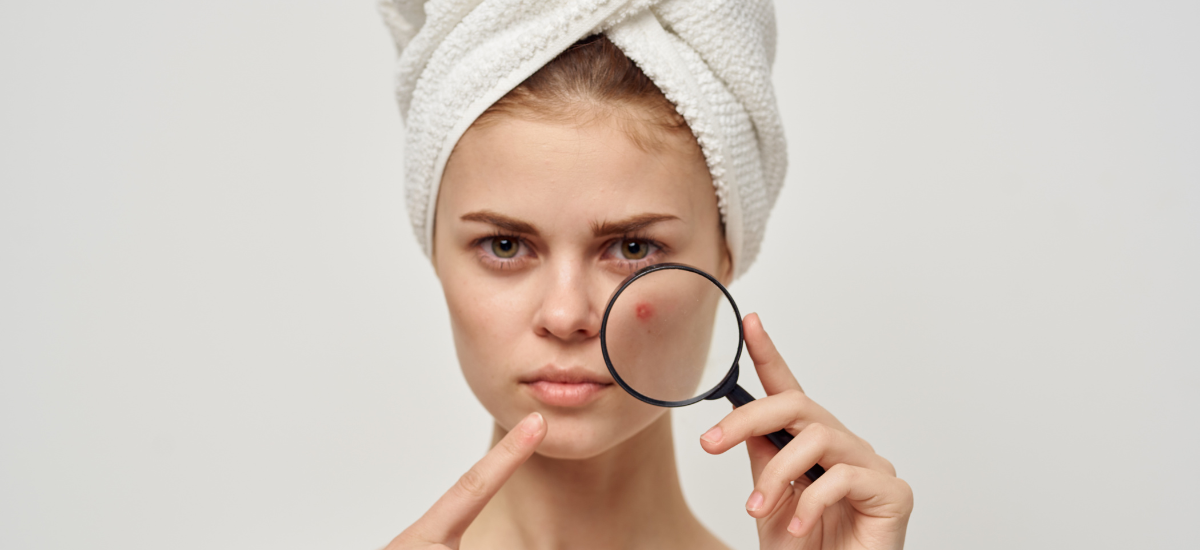
Does collagen help cure acne?
We have already written quite a lot about the effects you can expect from collagen supplementation. This time we take on the topic of acne. Can those struggling with problematic complexions benefit from collagen shots?
Acne – what is it?
For starters, it is worth going to the root of the problem. Why is it that some of us (both men and women) struggle with acne? What determines whether pimples disappear after puberty or stay with us for longer?
Experts point out that the most common cause of acne are hormonal problems. Hormones are responsible for the production of sebum in the skin – when the glands produce too much of it, the skin becomes clogged and pimples are formed. Most often (unfortunately), acne lesions appear on the face, but can also involve other parts of the body, such as the back or décolleté.
In addition, sebum production is intensified by factors such as poor diet, stress or skin care that is not adapted to the needs of the skin. Often, genetic predisposition also determines whether we will have acne.
The effect of collagen on acne skin
Let’s be clear: in order to treat acne, it is essential to consult a dermatologist who will prescribe the right treatments and monitor the course of therapy. In order to improve the skin condition, a holistic approach is recommended: in parallel with the specialist’s recommendations, it is necessary to change the diet (eliminate soda drinks, chocolate, everything spicy or highly processed) and focus on soft skin cleansing products. Acne-prone skin is best served by pharmacy care, preparations without alcohol and with a non-comedogenic – i.e. non-comedogenic – formula.
Above all, collagen for acne is a chance for any scratches or irritations to heal faster. People struggling with acne tend to scratch or squeeze out pimples, which only worsens the condition. Collagen, which is a protein that is the building block of, among other things, the skin, speeds up regeneration processes and can therefore be successfully used with acne-prone skin.
In addition, collagen is responsible for moisturising the skin from within. It is very much needed by troubled skin: although the face with acne is often ‘shiny’ and covered with a greasy film, in reality it may simply be begging for moisture. Just as often, people struggling with acne use very strong products, causing the skin to flake. In this case too, collagen is recommended as a supplement to moisturise the skin from within.
Collagen for acne: reviews
As can be seen from the above, collagen obviously does not cure acne, but it can be a great support for problematic skin. Interestingly, it is very often mentioned in our customer reviews that Primabiotic Collagen shots help:
– minimise the rash of pimples just before and during menstruation
– reduce skin lesions, especially those located in the jaw and neck area
– improve the condition of problematic and acne-prone skin
It is therefore worth testing such supplementation on your own skin – you may find that collagen is just what your acne-prone skin badly needs!
How to use collagen for acne?
As far as the guidelines related to collagen intake during the struggle with acne are concerned, they do not differ in any way from the general rules. Always take the supplement at a fixed time (e.g. after a valuable breakfast), every day, for a minimum of three months. This is a period that allows the collagen deficiency in the skin to be replenished and visible effects to be noticed.